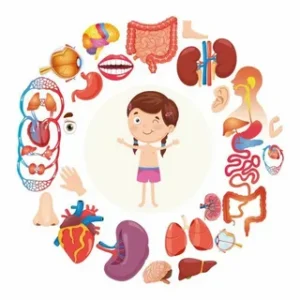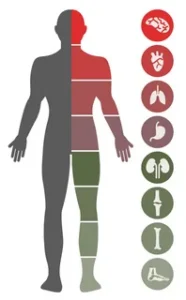The Risks of Consuming Too Much Dairy
Dairy products, such as milk, cheese, and yogurt, have long been touted as essential for building strong bones due to their high calcium content. However, recent research has raised concerns about the potential negative health effects of consuming too much dairy. While dairy can be part of a balanced diet, overconsumption may lead to several health problems.
One of the primary issues with dairy products, especially full-fat versions, is their high saturated fat content. Saturated fat raises cholesterol levels, which can increase the risk of heart disease. Some studies have shown a correlation between high dairy consumption and a higher risk of cardiovascular issues, particularly in individuals with existing heart disease risk factors.
Lactose intolerance is another concern for many people. As many as 65% of the global population has some degree of lactose intolerance, meaning they have difficulty digesting lactose, the sugar found in dairy. Symptoms can include bloating, gas, and stomach cramps, which can make consuming dairy an uncomfortable experience for some individuals.
Moreover, there is emerging evidence linking excessive dairy consumption to acne. The hormones found in milk, particularly in skim milk and cheese, can contribute to the development of acne by increasing sebum production in the skin. This is especially true for teenagers and young adults, whose hormone levels are already fluctuating.
Lastly, a growing body of research suggests that consuming large amounts of dairy can increase the risk of certain cancers, particularly prostate and ovarian cancers. The potential link between dairy and cancer is thought to be related to the hormones and growth factors present in milk. Reducing your intake of dairy, or opting for plant-based alternatives like almond milk or oat milk, can help minimize these risks while still providing essential nutrients.









Post Comment